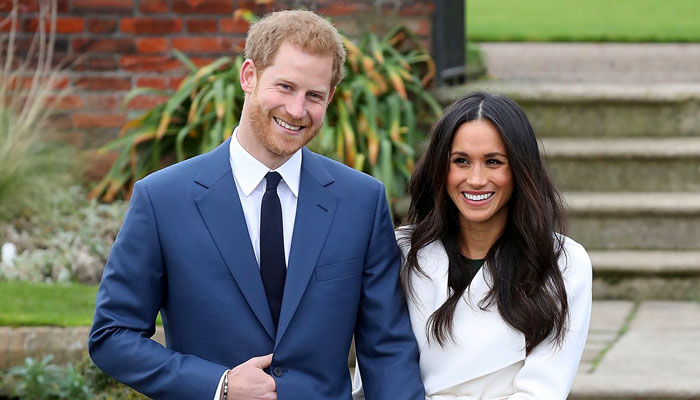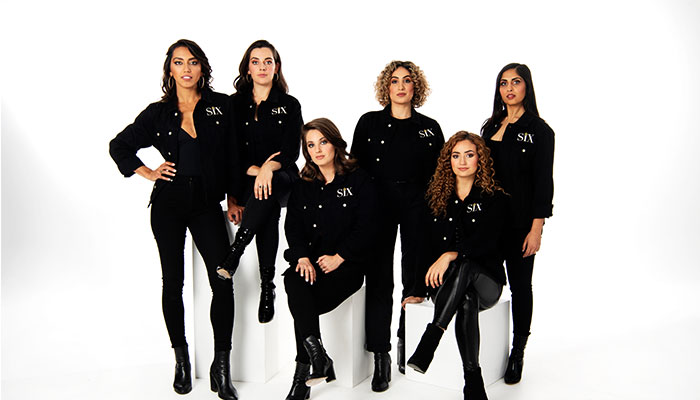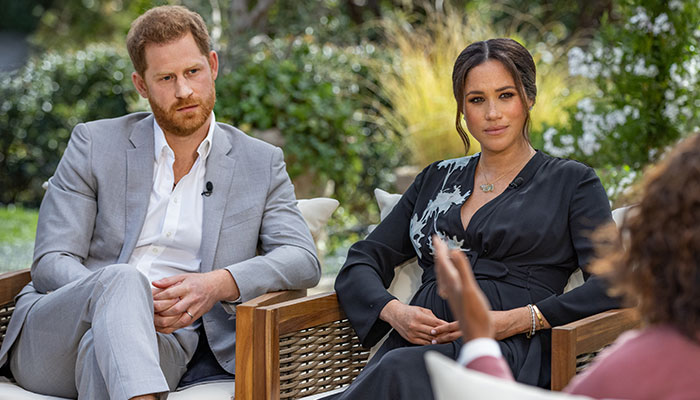If a king in the Early Middle Ages (476 CE-1000 CE) was updating his status on social media, he’d most likely declare, with a flourish, ‘Warrior’.
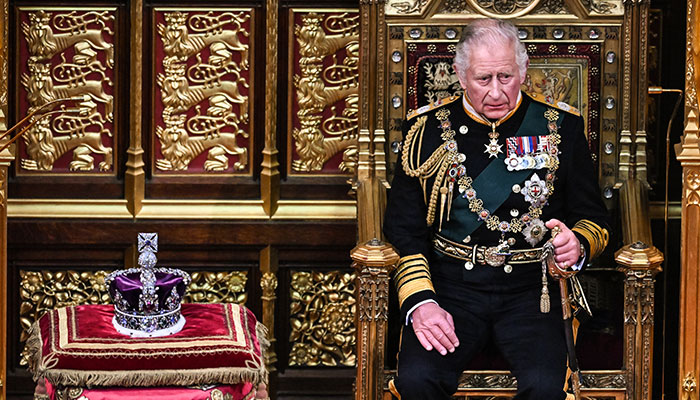
Reign vs rule: King Charles III, pictured, has symbolic authority, but it is granted on the basis that it won’t be used as a form of influence, says Professor Monagle.
A successful monarch was expected to lead battles. It helped if he had a reputation for virility, did well in battle, or at least wore the armour with panache, lived a long life, and produced an heir and spares.
Monarchs such as Henry VIII or Louis XIV managed revenue and armies, controlled territorial boundaries, and negotiated treaties. They were in charge of the state and the populace; they were decisive political actors.
They were both monarchs who changed kingship. Henry VIII broke with Rome, an extraordinary move that transformed the nature and power of the king in England. And, in France, Louis XIV inaugurated the idea of the absolute monarch. They weren't just good, stable kings but took power in a sustainable way. They were strategic, strong, clever leaders.
The job description of king or queen these days is very different. As is the skill set required by one who reigns but doesn’t rule.
Sovereigns who lead constitutional monarchies (in Australia, Belgium, the Netherlands, Denmark, Norway, Spain, Sweden, Cambodia, Thailand and Jordan), are figureheads, rather than governors. By contrast, absolute monarchs (in Brunei, Oman, Saudi Arabia, Vatican City, and the United Arab Emirates) have legal power, constitutional power and responsibility for running the state.
To be or not to be?
A constitutional monarch’s job these days is to be a strangely vacant but still meaningful site of sovereignty. They have the last word: they sign legislation and they open Parliament, but in the hands of democratically elected governments they have been made to defer all the real power and practices of governing - control over finances, the army, defence and policing.
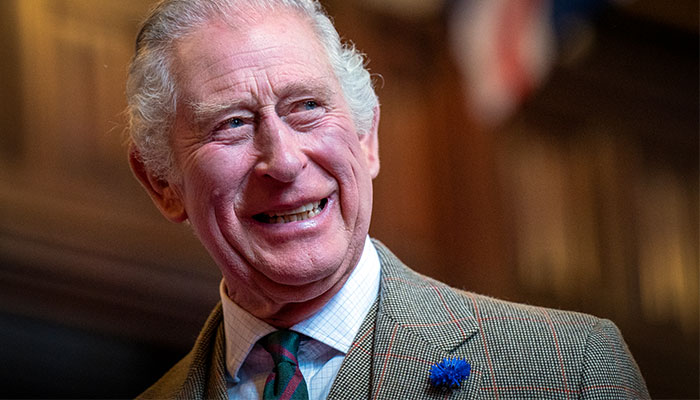
No mystery: King Charles has at times revealed flaws and frailty during a life in the public glare, Professor Monagle says.
The role of the modern European monarch is to contain a symbolic security that enables the sense of coherence of the body politic, but with a hands-off approach. Their job is not to intervene; their job is to stay out of governance and politics.
So King Charles III might have advocated for climate change, organic farming and issues you might hope would transcend politics through the decades, but for him to talk about it as king now would mean that he was exceeding his constitutional role. It's a strange paradox. He has a great deal of symbolic authority, but this authority is granted on the basis that it won’t be used as a form of influence.
As king, Charles III is Head of the Commonwealth, Commander-in-Chief of the British Armed Forces and Head of the Church of England. He and his ‘working royals’ undertake a program of official duties and engagements throughout the year. They excel at thanking people for the good work they do.
Courtly love
Until a constitutional system of rule came into play in the 18th century, the sovereign achieved legitimacy through the consent of the nobles. A good king had to be astute about managing competing factions. As we see in our own politics, factions within parties are the most destructive thing to a leader, not threats from outside.
Will he be capable of engendering that sense of respect and affection that his mother was able to?
The move towards setting up court culture on the part of rulers such as Henry VIII and Louis XIV in France was designed to distract the nobles. Prior to the Early Modern Period (1500 CE -1700 CE) there weren’t settled courts; rather the king or the queen and their retinue would visit their nobles with a travelling court. The king or queen’s constituencies were the nobles.
One of the ways monarchs were able to achieve maximum power and authority was by creating the court as a place of play, a place of nobility.
Monarchs didn’t always think of themselves as rulers of an entire populace, rather as being part of a noble ruling class. They were the leading light. Keeping the nobles happy was far more important than keeping the people happy. And that’s one reason why the French Revolution (1789-1799) was such a seismic historical shift in the history of monarchies: it is one of the first times where there is this kind of direct relationship between the treatment of the king and the non-nobles.
Subject matter
Queens have to a large extent changed the relationship between the monarch and her subjects. Long-standing female monarchs who have, for example, ruled the Netherlands, Denmark and Great Britain have been maternal embodiments of caring. Queen Beatrix of the Netherlands, Margrethe II of Denmark, and Elizabeth II of the United Kingdom are/were beloved for their stoicism, their toughness, and the emotions that are often attached to grandmothers. Like the empire builder Queen Victoria, the late Elizabeth II contributed a sense of stability and longevity to the monarchy. In their hands, the relationship between monarch and subject has been reconstituted.
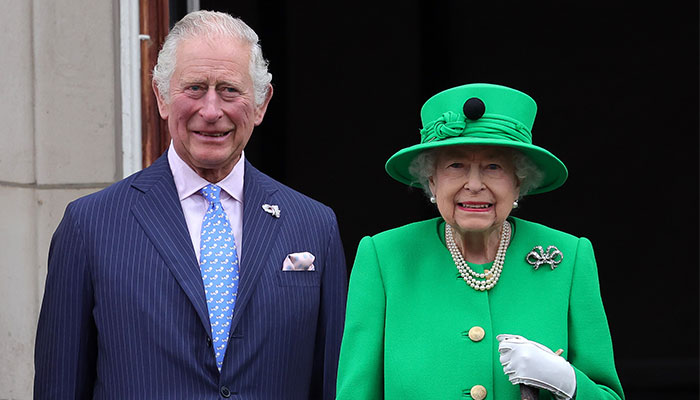
Hard act to follow: Queen Elizabeth II, pictured right with son Charles, was beloved for both her strength and grandmotherly qualities, says Professor Monagle.
This is going to be part of the challenge for King Charles III. No doubt he is capable of doing the performative, kingly stuff. But will he be capable of engendering that sense of respect and affection that his mother was able to?
King Charles III is the first monarch in England to have been documented extensively from birth. Monarchs in the past could rely on myriad forms of distance and mystery to create a sense of magic around them. Charles has never had access to that distance and because he is somebody who has on occasion revealed his frailty it is going to be hard for him to engender a sense of mystique.
- Dinner and show: Roman ruins reveal luxury winery doubled as a theatre
- Please explain: What is post traumatic stress disorder?
Charles is becoming king at a time when the United Kingdom is in bad shape, with high inflation, high energy prices, and a looming recession. It’s a conundrum for the monarchy: they have to be privileged and wealthy enough to seem different, to seem special, to seem elevated. But if they seem too lavish and take too much pleasure in that lavishness, it could work against them.
King Charles III finds himself on a battleground Henry VIII could never have imagined – his enemies not the French, the Scots, or the Gaelic lords of Ireland but the British press, Republicans, advancing armies of social media, and family with an axe to grind.
But he must sheathe the sword.
Professor Clare Monagle is the Discipline Chair, Modern History, Department of History and Archaeology, Macquarie University.

